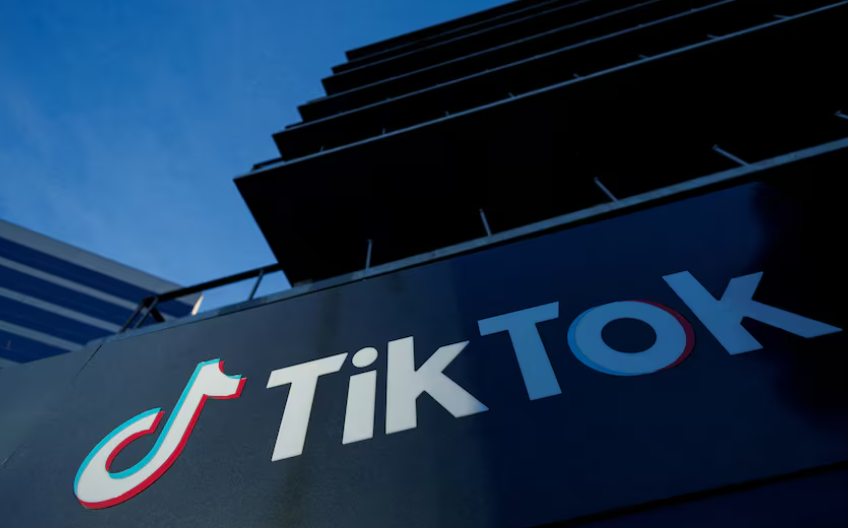TikTok Appeals to Supreme Court to Avoid U.S. Ban
On Monday, TikTok made an urgent appeal to the Supreme Court, requesting a temporary block on a law that forces ByteDance, its China-based parent company, to divest the app by January 19 or face a nationwide ban. Both TikTok and ByteDance filed an emergency request for an injunction, aiming to halt the ban while they appeal a lower court decision that upheld the law. A group of TikTok users in the U.S. also submitted a similar request.
The law, passed by Congress in April, targets TikTok as a potential national security threat. The Justice Department argues that ByteDance’s access to sensitive user data, such as locations and private messages, combined with the app’s ability to influence content, poses risks of “immense depth and scale.”
Legal Battles Focus on Free Speech and National Security
The D.C. Circuit Court of Appeals recently rejected TikTok’s claim that the law violates the First Amendment’s free speech protections. TikTok countered in its Supreme Court filing, stating, “If Americans, duly informed of the alleged risks of ‘covert’ content manipulation, choose to continue viewing content on TikTok with their eyes wide open, the First Amendment entrusts them with that choice, free from the government’s censorship.”
The company warned that enforcing the ban would set a dangerous precedent. “Congress will have free rein to ban any American from speaking simply by identifying some risk that the speech is influenced by a foreign entity,” TikTok added.
TikTok emphasized the economic fallout of even a temporary ban, predicting it would lose a third of its U.S. users within a month. The company also highlighted potential damage to its ability to attract advertisers, creators, and employees.
Trump Shifts Stance, May Intervene
President-elect Donald Trump, who assumes office on January 20, one day after the TikTok divestment deadline, has shown signs of supporting the app. During a press conference on Monday, Trump said, “I have a warm spot in my heart for TikTok” and promised to review the matter.
This stance marks a reversal from his first term in 2020, when he attempted unsuccessfully to ban TikTok. TikTok argued in its filing that delaying enforcement would give the Supreme Court time to evaluate the law’s legality and allow the incoming administration to reassess its approach.
The company also framed the timing of the law as problematic. “Shuttering one of America’s most popular speech platforms the day before a presidential inauguration is extraordinary,” TikTok stated.
Broader Implications of the Ban
TikTok has denied sharing U.S. user data and accused lawmakers of amplifying speculative concerns. Michael Hughes, a TikTok spokesperson, called on the Supreme Court to apply rigorous scrutiny to the law, arguing that banning the app violates the First Amendment.
The D.C. Circuit Court previously ruled that the government acted to protect U.S. free speech from foreign influence, writing, “The First Amendment exists to protect free speech in the United States. Here the government acted solely to protect that freedom from a foreign adversary nation.”
Without intervention, the ban would significantly reduce TikTok’s value to ByteDance and its investors. The law would prohibit U.S. service providers, including Apple and Google, from offering TikTok through their app stores. Such restrictions could pave the way for future bans on other foreign-owned apps.
TikTok’s Last Stand Amid Rising U.S.-China Tensions
This dispute reflects the broader trade tensions between the U.S. and China, the world’s two largest economies. TikTok maintains its stance as one of the “most important speech platforms” in America, used by 170 million citizens.
The Supreme Court now faces a pivotal decision with far-reaching implications. TikTok asked the justices to respond by January 6, allowing time to coordinate a shutdown if the court denies its request. For now, the company’s future in the United States hangs in the balance.

